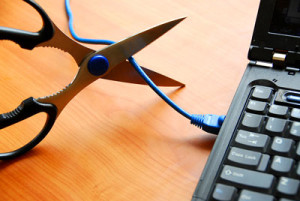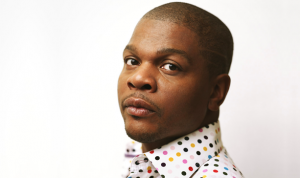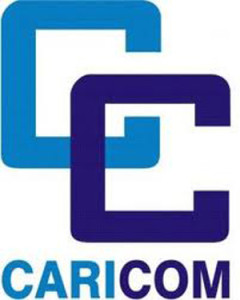Time For A Digital Detox
 I went out to Iftar dinner at a restaurant last week with a group of friends to celebrate Ramadan. About an hour into the meal, we were having a great conversation about why we still like to have face to face interaction in the new “digital me” age. It was then I realized that we were the only people in the restaurant actually talking to each other.
I went out to Iftar dinner at a restaurant last week with a group of friends to celebrate Ramadan. About an hour into the meal, we were having a great conversation about why we still like to have face to face interaction in the new “digital me” age. It was then I realized that we were the only people in the restaurant actually talking to each other.
The other patrons were all sitting quietly eating their meals while gazing at their mobile devices. Even the waiters were taking out their mobiles in between busing tables. Now mind you, I am guilty of looking at my mobile when I am in restaurants too, but that is usually if I am eating out by myself, and not when I am with someone. There were groups of people sitting at these tables last week looking at phones instead of talking to each other. Who knows, maybe they were texting each other! I would much rather talk to the actual human being in front of me than be on the mobile. I love technology as much as the next person, but even I have my limits. With all the good that technology and the Internet has done for the world,there have also been some bad things to come out of it as well, namely the decrease in face to face social interaction.
There are a lot of people today who have so immersed themselves in the digital world that they have forgotten how to interact with other in the analog world. I remember back in the “old days” of 10 years ago when you could strike up a conversation with someone on a train or bus. Now when you travel on public transportation, there is complete silence because everyone is plugged into their headsets and phones.
A couple of months ago I was in Washington DC for a client meeting. I got lost while walking to meet the client, and I asked the first guy I saw on the street for directions. “Don’t you have GPS on your phone,” he said. Yeah, I guess I could have used my mobile to find the location, but my first instinct was to ask an actual human being first.
And then you have the people who think you are suppose to live 24/7 online, like the ones who get mad if you don’t respond to their email, text or Facebook messages as soon as they are received. Or the people who get upset when you don’t post every single thing you are doing in your life online.
I recently discovered this show on MTV called Catfish, which delves into the fascinating fake world of online dating. There are people on this show who have significant others they have only met through Facebook!
Turn off your phone: I tell clients, friends and family that my mobile is turned off at 7pm ET daily and turned back on at 7am ET the next day. If it is an emergency, clients can call my business line and family and friends call the landline (yeah, I still have one of those things…) As a sidenote, it’s a good idea to shut down mobiles regularly to preserve the battery and extend the life of the phone.
Limit your social media use: The constant stream of tweets, Instagram images and blog posts can become a distraction and limit your ability to do other things effectively. Schedule time to do the social media stuff for 30 minutes a day and get on with your life.
Limit your email use: The same thing goes for email. Unless it is work-related, put a daily intake limit on email communications. Even if it is work-related email, only respond to time sensitive messages first.
Limit your screen viewing: If you have a job where you have to be in front of a computer all day like me, that can be tough, but you can always take a coffee or lunch break away from your desk. But what about when you are at home doing a binge marathon of the latest Netflix series. As much as I like House of Cards and Orange is the New Black, I limit myself to two or three hours of screen viewing a day on TVs and computers.
Read a print book: I only use my tablet for reading books that are 500 pages or more, and even then I limit my digital reading to a couple of hours to reduce eye strain. If it is a small print book, I don’t mind carrying it in my bag. Also, unlike tablets, print books are crash-proof.
Set up a detox event: Arrange a time to do something non-techie with family or friends where they have to surrender their devices for a few hours, like going for a jog, bike riding, or a picnic. It’s time to put the real social back into social networking!


